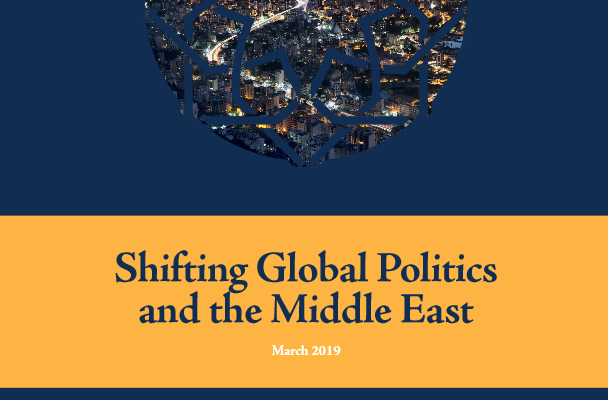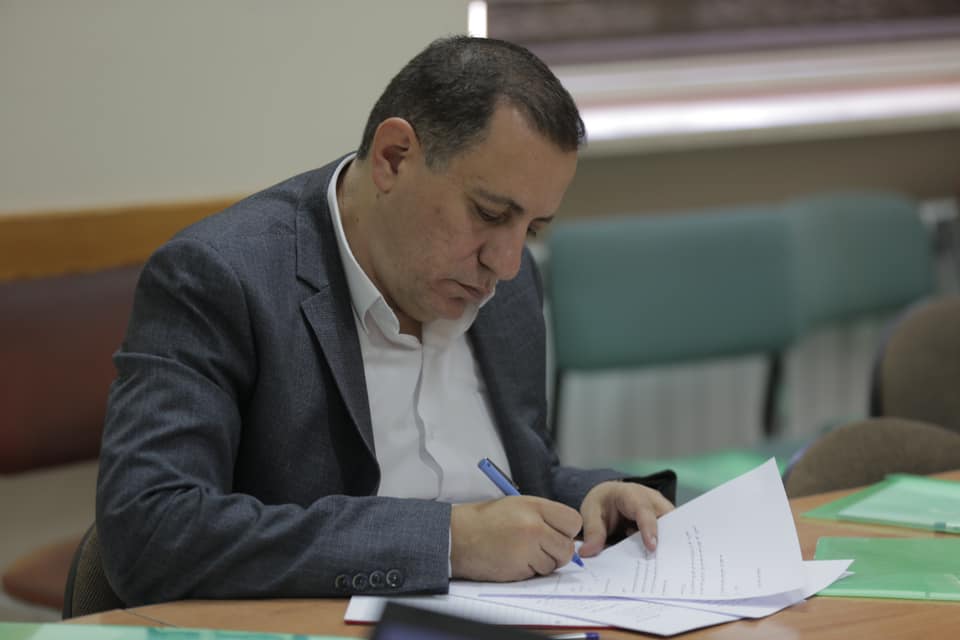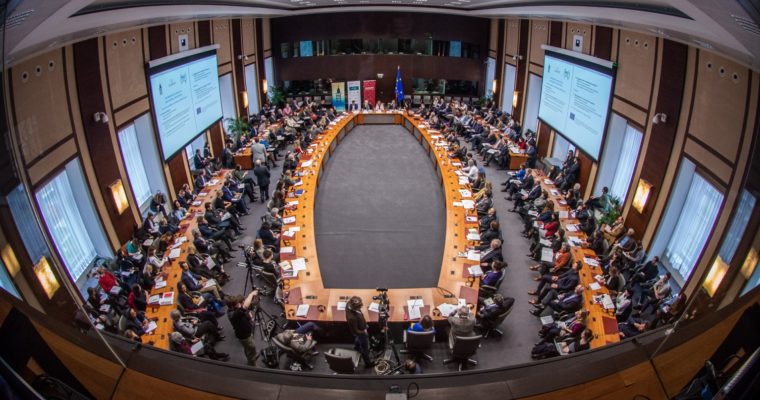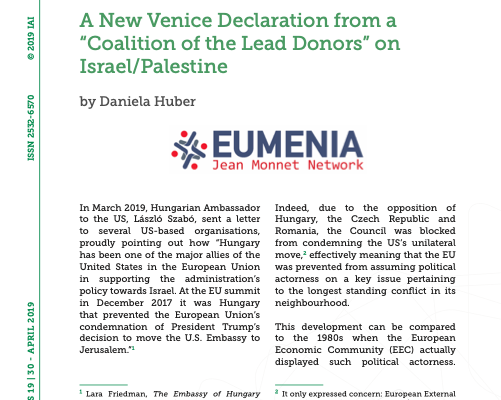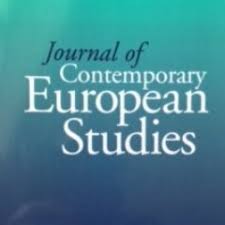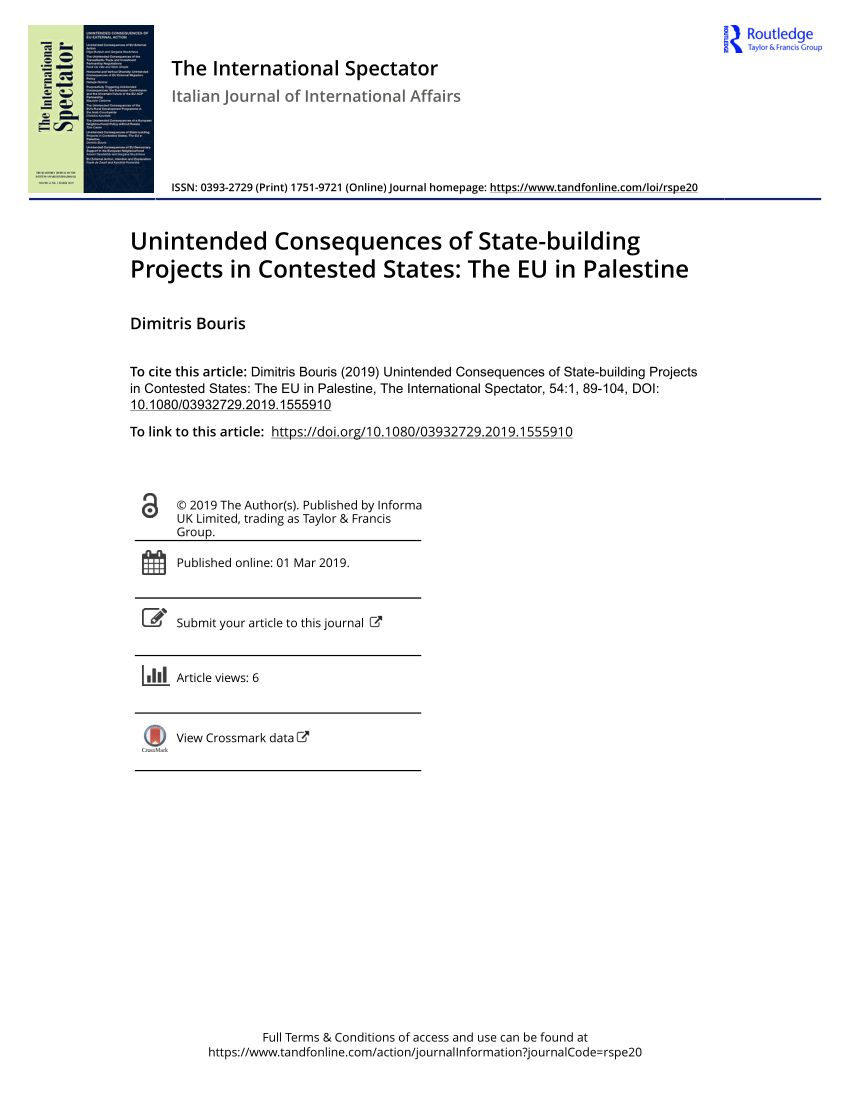“Unintended Consequences of State-building Projects in Contested States: The EU in Palestine” by Dr. Dimitris Bouris, published in The International Spectator.
ABSTRACT: The existing literature on state-building has focused mainly on post-conflict cases and ‘conventional’ examples of statehood, without taking into consideration the particularities of states that remain internally and/or externally contested. The EU’s engagement in Palestinian state-building through the deployment of EUPOL COPPS and EUBAM Rafah has generated various types of unintended consequences: anticipated and unanticipated, positive and negative, desirable and undesirable, some of which fulfill and some of which frustrate the initial intention. These have important reverberations for the EU’s conflict resolution strategies in Israel and Palestine, the most important being the strengthening of power imbalances and the enforcement of the status quo.
The full article is available here


